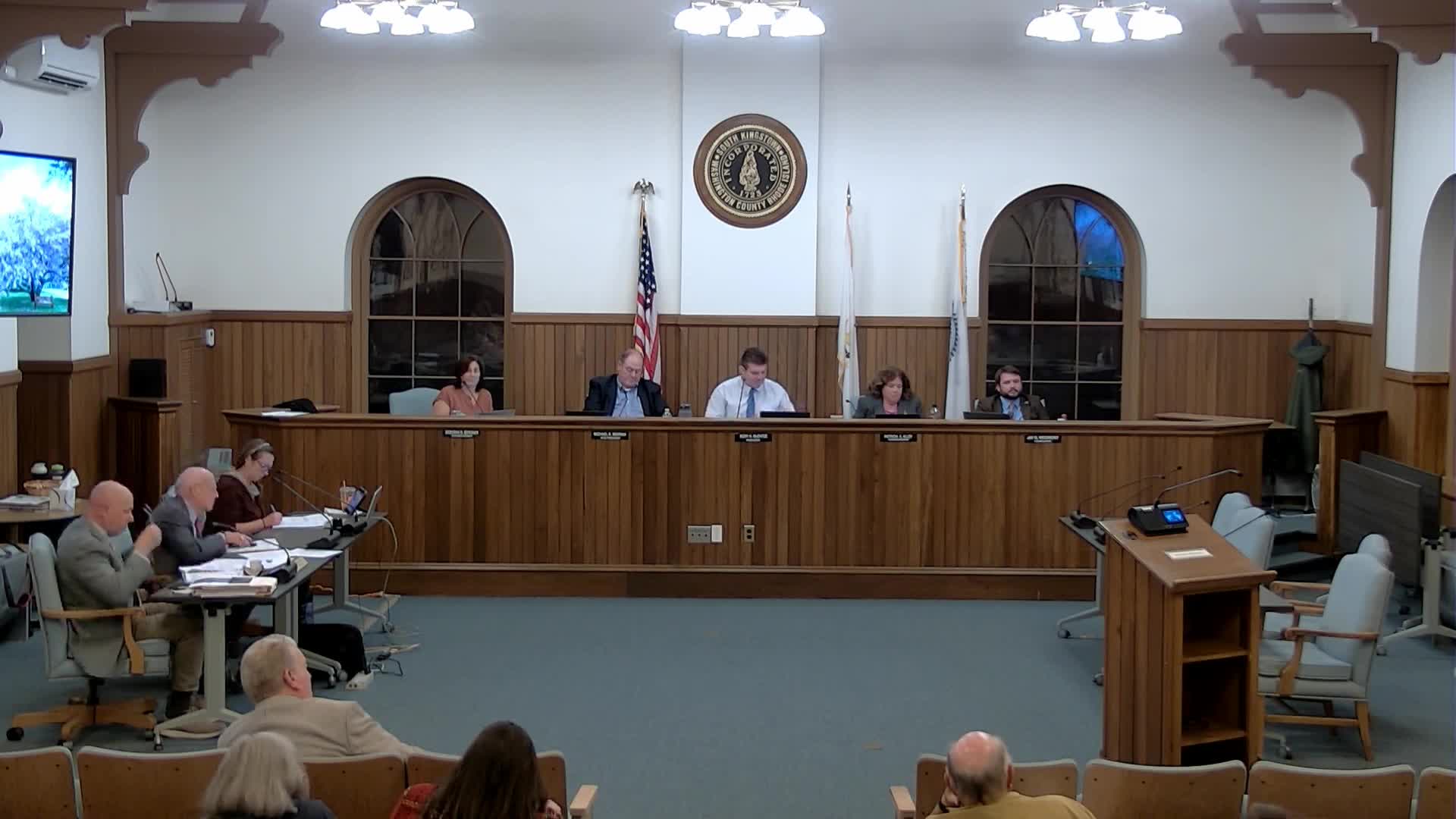Council adopts rental‑registration ordinance as amended; short‑term rentals face higher fee
Get AI-powered insights, summaries, and transcripts
Subscribe
Summary
After a lengthy public hearing and debate, the council approved a rental‑registration ordinance with tiered fees: $300 per unit for stays of 30 days or less; $50 per unit for longer‑term rentals (31+ days) capped at 20 units per owner (cap = $1,000). The council set an annual review of the fee schedule.
The Town Council voted to adopt amendments to Article 5.5 (rental dwellings) after a public hearing that drew property managers, residents and council discussion about fees, enforcement and policy goals. The ordinance establishes a registration requirement for rental units and a fee structure intended to both gather occupancy data and discourage short‑term investment rentals that residents say strain neighborhood services.
Under the version passed by council, rental units rented for 30 days or fewer (typical short‑term rentals) will pay $300 per unit annually. Units rented for periods of 31 days or longer will pay $50 per unit annually; that second category’s fee is limited to the first 20 units per owner (a maximum of $1,000). The ordinance as passed includes language that requires the council or staff to review the fee schedule annually and adjust by council action.
Speakers at the hearing included property managers who said per‑unit fees would be burdensome for large complexes, neighbors who cited complaints about noise, trash and safety, and councilors who proposed a tiered approach. Christie Davidson, property manager at Tower Hill Landing, asked the council to consider the administrative burden for properties with large numbers of units. Several residents asked the council to ensure the town had resources to enforce violations and inspect unsafe units.
The council discussed goals behind the proposal — collecting data for potential homestead exemptions, targeting short‑term rentals that disrupt neighborhoods, and funding enforcement and administrative costs. Legal staff and planning board input led to deletion of an earlier proposal to require posting of lease provisions inside each unit; that posting requirement was removed from the final text.
Councilors agreed to adopt the ordinance with the amended fee schedule and to review the effects of the registration and fee levels in one year. The vote passed 4–1.
